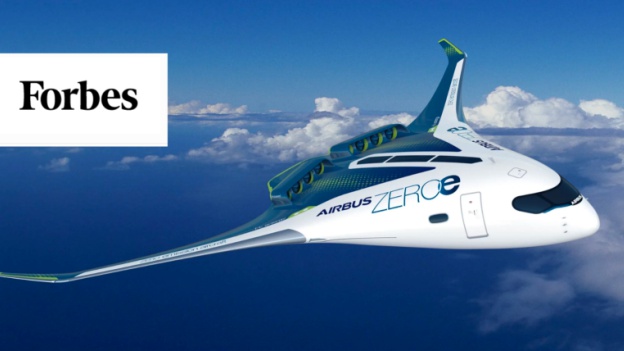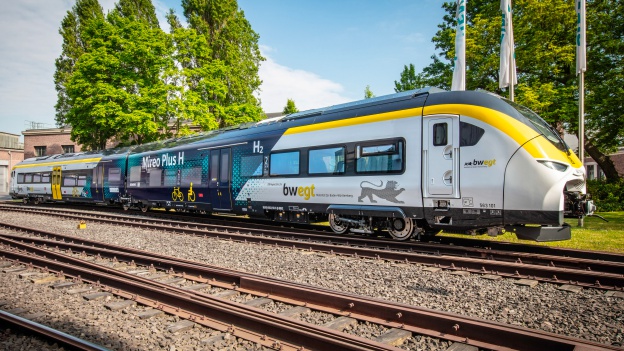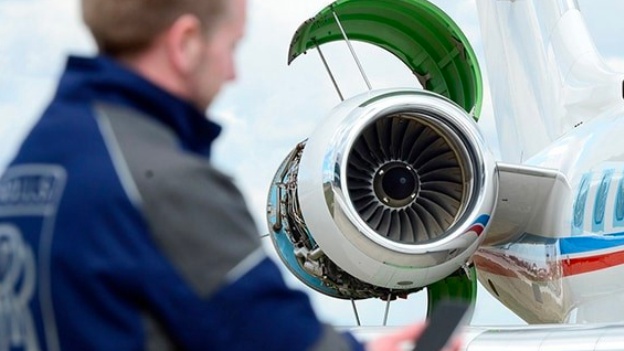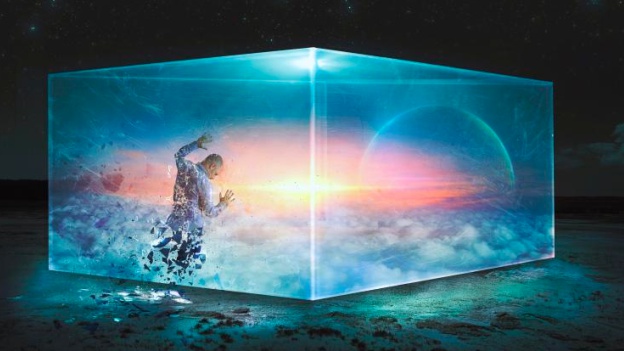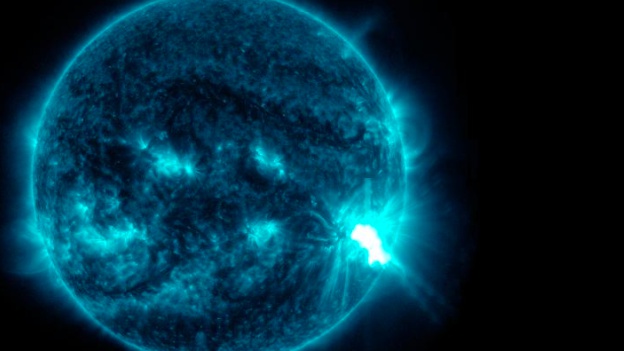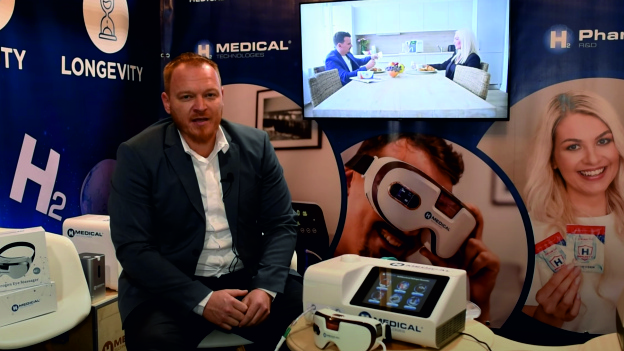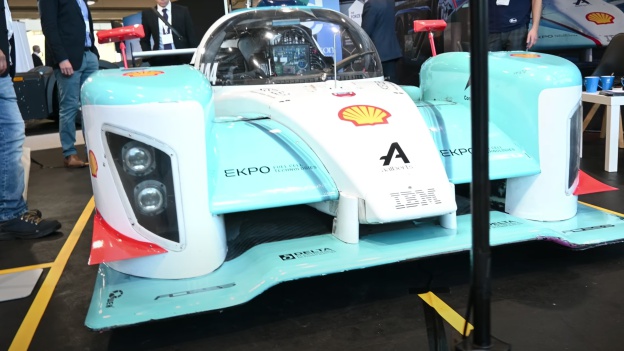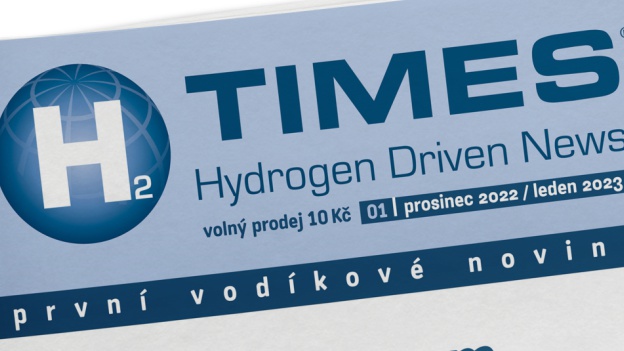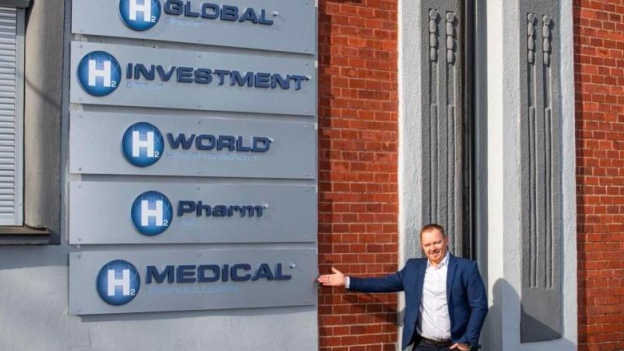Toyota may be the carmaker pushing hydrogen fuel cells in particular, but Honda doesn't want to be left behind either. For the Japanese domestic and California markets, it will offer a new version of its popular CR-V SUV, dubbed the e:FCEV. It combines a hydrogen fuel cell powertrain with battery power with plug-in charging.
According to the automaker, this is the first American mass-produced electric vehicle with a hydrogen fuel cell. The Honda CR-V e:FCEV is equipped with a single front-mounted electric motor that offers a peak output of 130 kW, 174 hp, and 311 Nm of torque.
The energy to power it is primarily produced by a hydrogen fuel cell, with hydrogen stored in tanks under and behind the rear seats with a capacity of 4.3 kilograms. The hydrogen range is expected to be around 600 kilometres on a full tank.
In addition, the car is also equipped with an externally charged battery with a capacity of 17.7 kWh, which should increase the range by a further 60 kilometres. The car thus combines the advantages of hydrogen propulsion, which will shorten longer journeys thanks to fast refuelling - in just about three minutes - while battery charging will allow the car to be conveniently recharged (for shorter journeys) at home or in the office, for example.
According to Honda, the cost of the hydrogen powertrain has been reduced by two-thirds compared to the 2019 Clarity Fuel Cell. Along with this, its service life has doubled and the low-temperature resistance of the powertrain has also increased significantly.
„Our goal is to achieve carbon neutrality in all of our products and corporate operations by 2050,“ said Mamadou Diallo, senior vice president of American Honda Motors. Under the company's electrification strategy, the automaker plans to sell only zero-emission cars in 2040.
The CR-V e:FCEV is expected to go on sale at the end of this year.
Source: hondanews.com, auto.cz
Photo source: Honda












